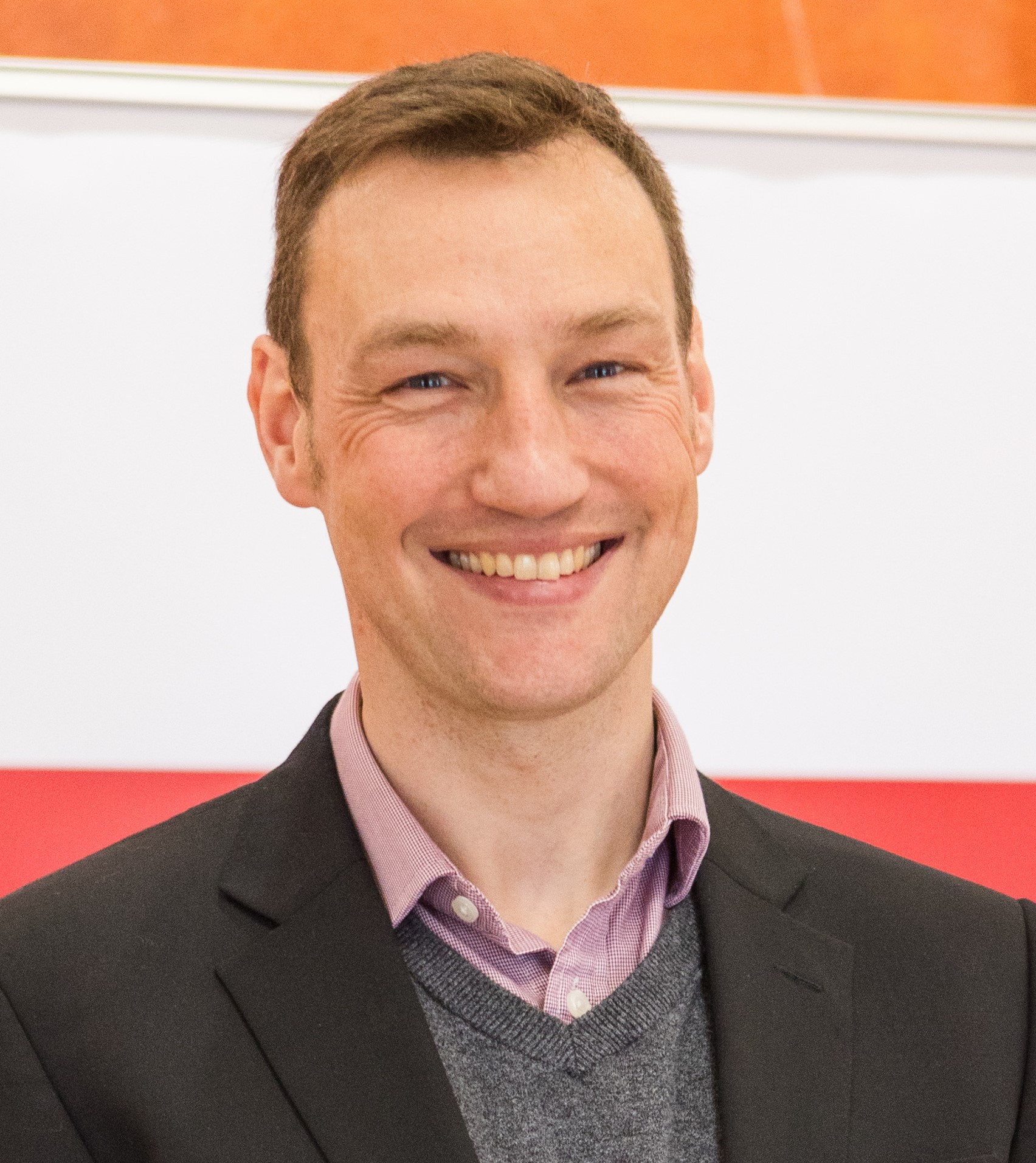
For the fourth day of Carers Week our Director of Devolved Nations, Richard Meade, has shared a blog about health inequities and unpaid care.
Carers Week this year is about striving for greater equality for unpaid carers. I think for me, health inequities that are associated with unpaid care are some of the worst consequences that can derive from caring, and something we all need to talk more about. Unpaid care should be considered a social determinant of health and must be the focus of a public health response by our governments if we are to close the health gaps created by caring.
Research shows that unpaid carers are more likely to have health conditions than non-carers, simply because of their caring role. Increased likeliness of depression and anxiety, as well as experiencing isolation and loneliness all demonstrate a significant impact on mental wellbeing. A carer’s physical health is also likely to suffer with a greater chance of experiencing musculoskeletal conditions, or developing diabetes, heart disease and other health conditions, and sadly carers are even more likely to die prematurely when compared to non-carers. Much of this is reflected in our State of Caring work when we hear directly from carers about how caring significantly impacts on their health, particularly their mental health.
Unpaid carers are such a diverse population ranging from young carers looking after disabled parents to elderly spouses caring for husbands and wives, and many more in between. Carers do not experience care in the same way, so, there is often inequity within the inequity. This means that in order to achieve the equality we are looking for we must understand those differences within the population and explore different responses to close those health gaps.
We know that care is a gendered issue with more women than men taking on caring roles and caring for longer, this means that those health inequities are much more likely to be experienced by women.
Education, as is so often the case, is key to better outcomes, but carers are less likely to do well in educational attainment, and low attainment among carers is associated with poorer physical and mental health outcomes. Low attainment is also associated with lifetime implications of reduced levels of employment and earning power, which are in themselves social determinants of health. This is why it is so critical that we must do so much more to support young carers to continue in education and to maximise their attainment potential.
Young carers are also much more likely to experience poor mental health outcomes and are particularly at risk of isolation and loneliness. Older carers are more likely to experience physical health problems as a result of caring, which can have significant consequences as they move through older age.
Unsurprisingly the more time spent providing unpaid care the greater the impact on health. However, it takes just one year of caring before some of these inequities start to show, which is why early identification is so important, and why care plans and support introduced from the start of caring can make such a big difference.
Unpaid care is absolutely a public health issue, but one that has been deeply neglected by those looking at public health issues. I think it is important that we do much more to raise awareness of unpaid care as a public health issue, and over the last few years in Scotland we have been pushing strongly for the Scottish Government and relevant public bodies to consider unpaid care a social determinant of health. Public Health England has taken this approach.
Unpaid care is still, despite our best efforts, are very invisible issue, with a scarcity of academic research, a lack of public policy focus and less financial resource dedicated to ending the challenges associated with it. Declaring it as social determinant of health would lead to a greater attention and profile, enabling everyone to do more in addressing these health inequities and creating greater equality today and tomorrow.
